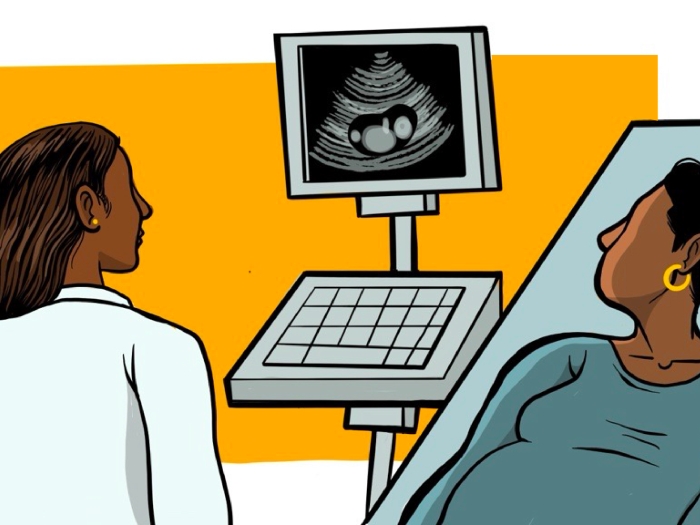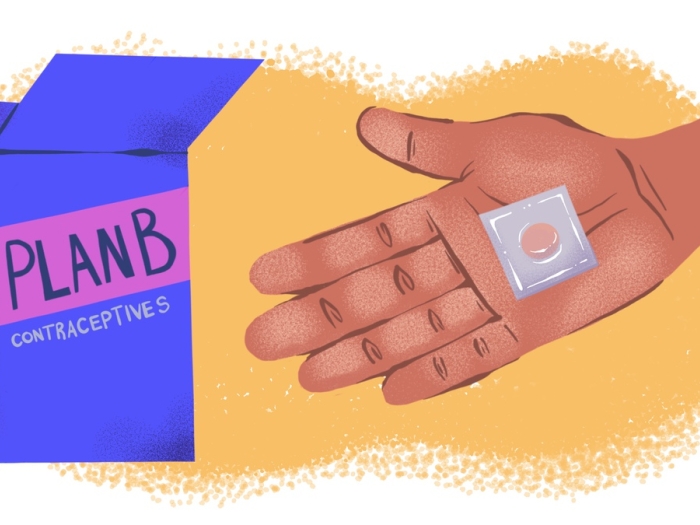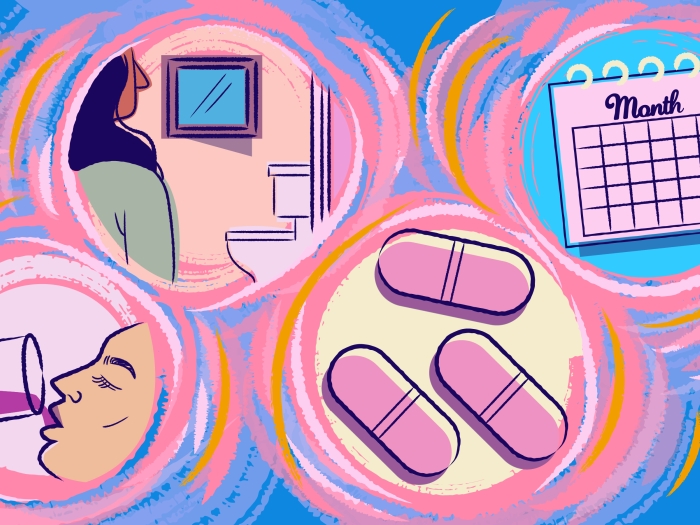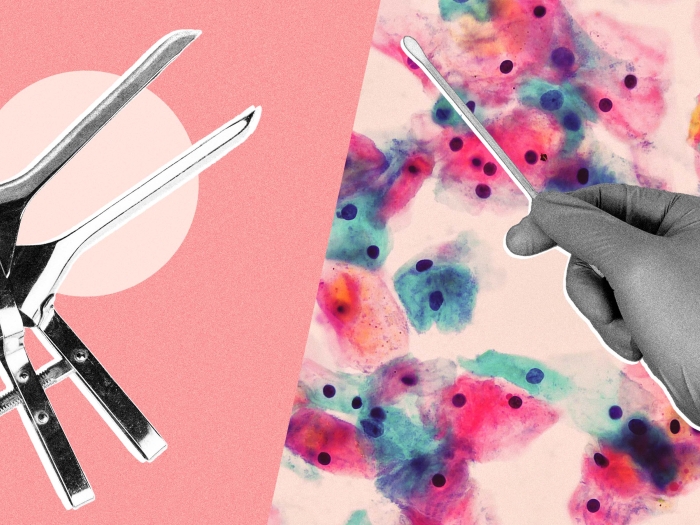Research finds that text messaging increases follow-up care for patients with pelvic inflammatory disease.
4:30 PM
Author |

Sending text messages has slowly been replacing phone calls as a way to communicate with friends and loved ones, but what about texting between doctors and patients?
This simple, common communication tool may have upsides for patients and their physicians, according to a recent study. Researchers looked at adolescent patients who were treated in the emergency department for pelvic inflammatory disease (PID) and assessed whether text message reminders from their physician would help them obtain follow-up care after leaving the emergency department. Patients received either standard discharge instructions or standard discharge instructions and test message reminders.
We sat down with the lead author of the study, Meg Wolff, M.D., assistant professor of pediatric emergency medicine at C.S. Mott Children's Hospital, to learn about the results:
What are the most important points of this study you would like our readers to know?
Wolff: PID can cause long-term complications such as infertility and chronic pelvic pain if not adequately treated or if repeated episodes recur. The Centers for Disease Control and Prevention recommends follow-up at 72 hours after diagnosis of PID to ensure improvement and to help prevent these complications. The majority of adolescents receiving this diagnosis in the emergency department do not receive the recommended follow-up care. Our study found that simple, personalized text message reminders can increase follow-up rates significantly.
Let's expand on your last thought. You found that the text messages increased follow-up rates, but was this finding surprising?
Wolff: Prior studies have demonstrated our traditional methods of reaching patients to remind them to follow-up are only minimally effective. This study shows that simple, personalized text messages are effective in increasing follow-up after an emergency department visit.
We found that the young women who received text message reminders were nearly three times as likely to receive follow-up care compared with the young women who only received the standard paper discharge instructions (45 percent vs. 15 percent). This was really surprising to us because our study only addressed one of the barriers to follow-up care (patients forgetting) and did not address the numerous other barriers patients face when trying to receive follow-up care (lack of transportation, limited time, provider availability, etc.).
We found that the young women who received text message reminders were nearly three times as likely to receive follow-up care compared with the young women who only received the standard paper discharge instructions.Meg Wolff, M.D.
Why did you want to study this topic?
Wolff: When I would see patients in the emergency department returning with another episode of PID, they often had not seen another medical provider since their prior diagnosis of PID. Without this visit, they are at a higher risk of complications because the follow-up visit is an opportunity to ensure they are improving, as well as to receive counseling on safe sexual practices.
Patients would often tell me that they had simply forgotten to see their doctor or that they didn't realize it was important. Some patients disclosed they had forgotten because they had thrown away their discharge papers that provided the follow-up recommendations before leaving the emergency department, so no one would see the diagnosis of PID on their paperwork. With the growing evidence that text messaging was effective in promoting behavior change, I wondered if text messages could help improve follow-up care as well.
Do you think this method of communication is effective? If so, do you think it has future implications for the field of medicine?
Wolff: Text messaging is extremely common in daily life for the majority of teenagers. 99.5 percent of the patients we screened had a cell phone capable of texting, and almost half of the patients in our study sent or received over 100 text messages daily.
Given the availability of texting and the private, asynchronous nature of texting, this modality is ideal for reminding patients about sensitive health care issues such as PID. Other studies have demonstrated the efficacy in text messages in promoting behavior change like smoking cessation, sunscreen usage, and medication adherence. We have a growing body of evidence that this is an effective method to communicate with patients, and it is relatively easy to implement.

Explore a variety of healthcare news & stories by visiting the Health Lab home page for more articles.

Department of Communication at Michigan Medicine
Want top health & research news weekly? Sign up for Health Lab’s newsletters today!





